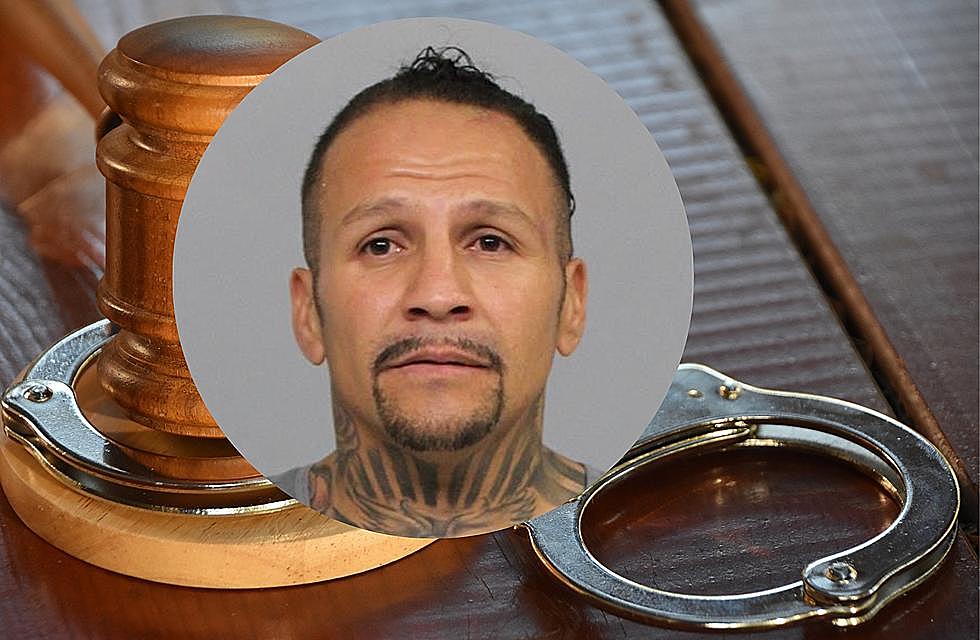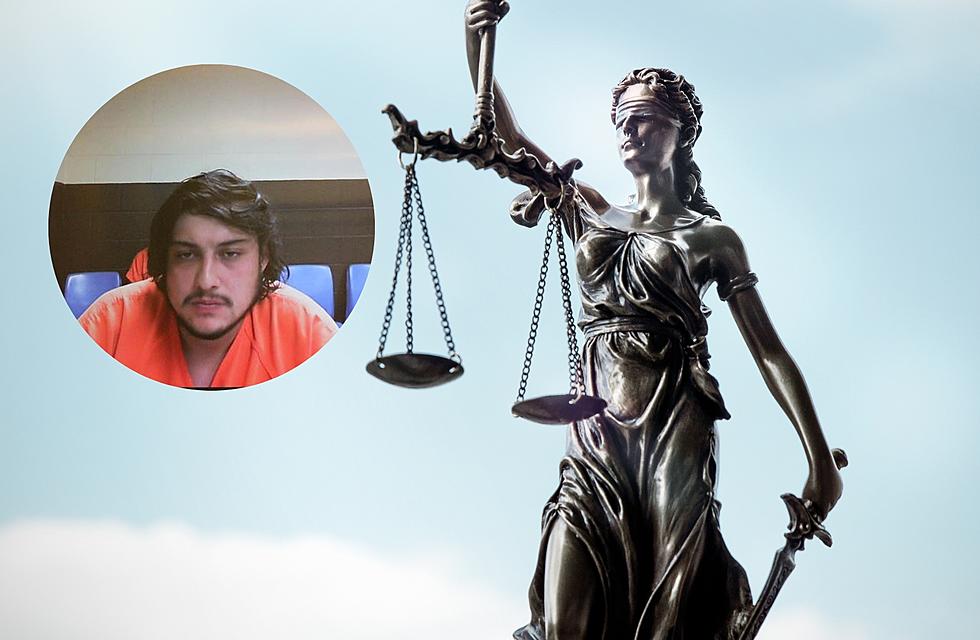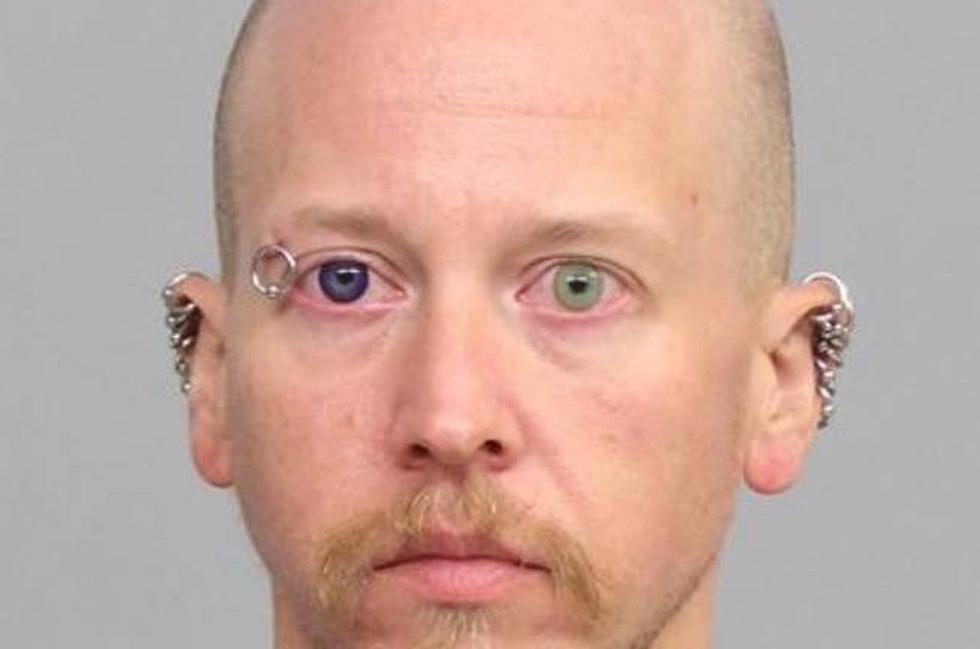
Wyoming Supreme Court Will Review New ‘Stand Your Ground’ Law
The Wyoming Supreme Court will review the state's new "stand your ground" law that led to the dismissal of a first-degree murder case in Casper.
In its one-page order on Tuesday, the high court said it reviewed the state's petition for a writ of review of the case of Jason John and agreed the case should proceed.
The state wants the Supreme Court to determine:
- Whether the district court violated the separation of powers doctrine when it ruled John could not be prosecuted despite the district attorney having probable cause to charge him.
- If the district court misapplied the law when it held a pretrial hearing on the issue of immunity, and whether it applied the appropriate standard to determine whether John was immune from prosecution.
- If the district court erred in its application of Wyoming law and common law on self-defense.
"This Court should grant the petition to define the proper role of the Executive and Judicial Branches as to this provision [in the stand your ground law]," the Wyoming Attorney General's Office and the Natrona County District Attorney's Office wrote in their petition.
While the accounts of what happened vary, the case started on Aug. 3 when John goaded Willow to come to his residence and John shot him multiple times.
The district attorney's office charged John on Aug. 17, the case was bound over to district court, and he pleaded not guilty in September.
On Feb. 1, Natrona County District Court Judge Catherine Wilking dismissed the first-degree murder charge against John. She filed the formal notice of dismissal on March 1.
Wilking urged the prosecution to appeal to the Wyoming Supreme Court because "the courts and the litigants throughout the State of Wyoming are in desperate need of guidance on how to proceed under these cases under this new statutory scheme."
The district court ruled that John acted in self-defense, was lawfully present in his home, was not the aggressor nor had the duty to retreat.
During the legal proceedings, John filed a motion to dismiss the case, saying he was entitled to immunity under the law and it was up to prosecutors to prove that he was not entitled to immunity.
The state responded that he was not entitled to immunity because he was not entitled to the protection of the Castle Doctrine, he did not consider reasonable alternatives to deadly force, and his right to use deadly force ended after his first two shots disabled Willow.
The state cited case law from other states and said John was not justified in the use of deadly force.
Prosecutors recounted the events of the killing, cited the testimony of a Casper Police officer, John's communications with Willow that night, how John incited Willow -- who was sleeping with John's girlfriend -- to come over to his residence, how the unarmed Willow was shot, disabled and then on the floor when John shot him in the back numerous times.
On April 2, John's attorney Tim Cotton responded, saying the Supreme Court should not grant the state's petition.
If it does, the clarification of the new Castle Doctrine should apply to future cases and not that of John's, Cotton wrote.
Cotton also said Casper Police detective Anthony Stedillie lied and misrepresented facts when he testified in court.
Stedillie's statements showed the prosecution was not interested in conducting an unbiased analysis of the facts or to presume that he was justified in self-defense, Cotton wrote.
"What's more, the State was clearly not candid with the court regarding the actual facts of the case -- instead shooting to misconstrue and cherry pick the facts in an effort to not only avoid the legislative intent contained in [the new stand your ground law], but to ensure that the Defendants went to trial and was convicted," he wrote.
More From K2 Radio









